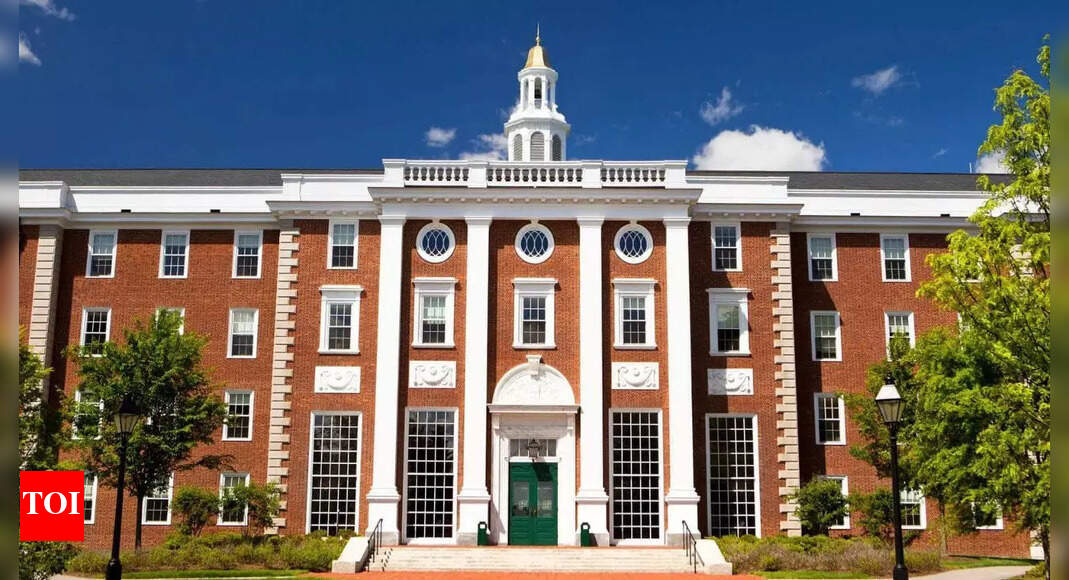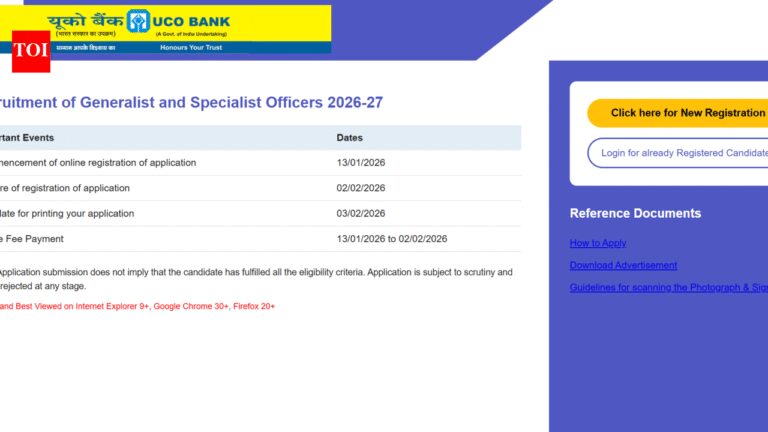
The US Department of Health and Human Services (HHS) has officially referred its antisemitism investigation of Harvard University to the Department of Justice (DOJ), marking a major escalation in the federal government’s scrutiny of campus discrimination. With billions in research funding already suspended and political pressure mounting, the move could have far-reaching effects not just on Harvard, but on how elite institutions across the country approach free speech, campus climate, and student life.The referral was first reported by The Harvard Crimson, which obtained a two-page letter sent by HHS Office for Civil Rights (OCR) Director Paula M. Stannard to Harvard President Alan M. Garber. In it, the agency accused the university of “deliberate indifference” to campus antisemitism and declared that efforts to reach a voluntary resolution had failed.
From campus complaints to federal courtroom?
The referral to the DOJ opens the door to legal action against Harvard for alleged violations of Title VI of the Civil Rights Act of 1964, which prohibits discrimination at federally funded institutions. While the Justice Department is not required to act on the referral, it could pursue court-enforced remedies — including a consent decree that mandates changes to Harvard’s policies, student conduct codes, and academic programming.This development raises a critical question for students and educators alike: If the government intervenes more aggressively in university governance, how will that reshape life on campus?
Student tension builds amid legal uncertainty
According to The Harvard Crimson, tensions have been building on campus for months as federal investigations have unfolded. Student groups have voiced concerns about rising antisemitism and Islamophobia, while others have warned against political interference in academic freedom.The latest federal move could intensify that atmosphere, particularly if the DOJ enforces changes that affect protest rights, faculty hiring, or disciplinary policies. Some students worry that Harvard’s resistance to a deal with the government may prolong uncertainty and place additional pressure on the university’s administration.
What about free speech and academic freedom?
At the heart of the controversy lies a broader debate: Where should the line be drawn between protecting students from hate and preserving free speech in academic spaces?Federal officials argue that Harvard failed to adequately respond to antisemitic harassment, creating a hostile environment for Jewish students. But in court filings, Harvard has pushed back, claiming the Title VI violation notice was “premature” and politically motivated. The university insists that the administration did not conduct a full investigation before reaching its conclusion.As elite colleges grapple with heated protests and global conflicts spilling into campus dialogue, especially on topics like Israel-Palestine, the question of how to regulate speech without stifling it has become more urgent than ever.
A warning signal to other top universities?
Harvard is not alone. Columbia University recently resolved its own Title VI probe by settling with the Trump administration. That agreement included a $200 million payment and a series of conditions that touched on student discipline, foreign student screening, and oversight of Middle East studies programs.The Columbia precedent suggests that elite schools may now be expected to accept greater federal oversight in exchange for continued access to research funding, a development that could shape how administrators, faculty, and students navigate identity politics and activism on campus.
What students should expect next
The DOJ has not confirmed whether it will act on the referral, and the timeline for any legal proceedings remains uncertain. However, even the possibility of court-enforced intervention has prompted concern across academic circles.If Harvard is forced to adopt new conduct policies or academic frameworks under federal mandate, students could experience changes in how protests are regulated, how identity-based discrimination is addressed, and how coursework is evaluated for potential bias or political influence.
A turning point in higher education?
The outcome of the Harvard case could redefine the federal government’s role in higher education, especially when civil rights and campus culture collide. For now, students across elite universities are watching closely, not just to see what happens to Harvard, but to understand how their own campuses might change in the months to come.TOI Education is on WhatsApp now. Follow us here.








